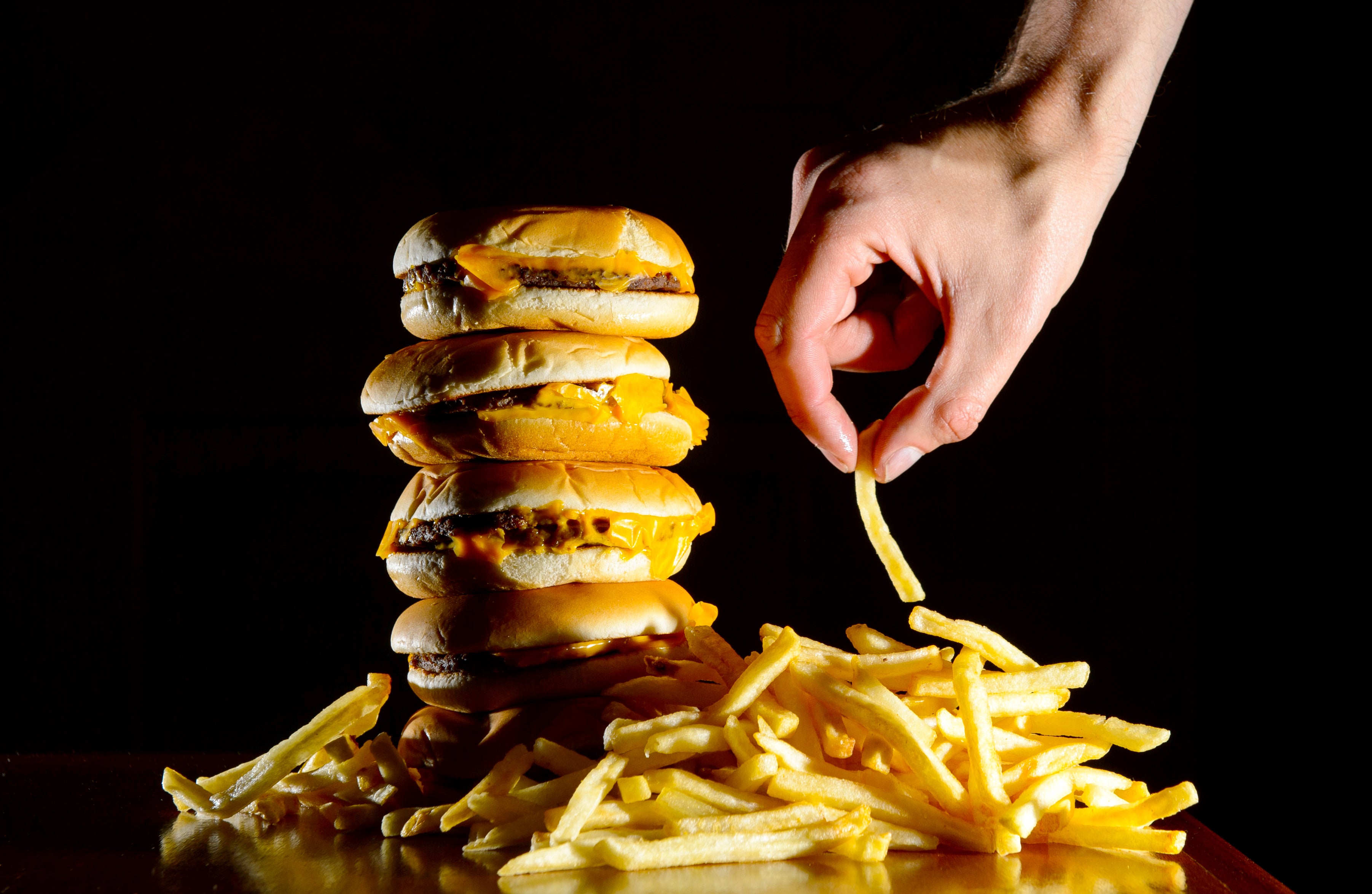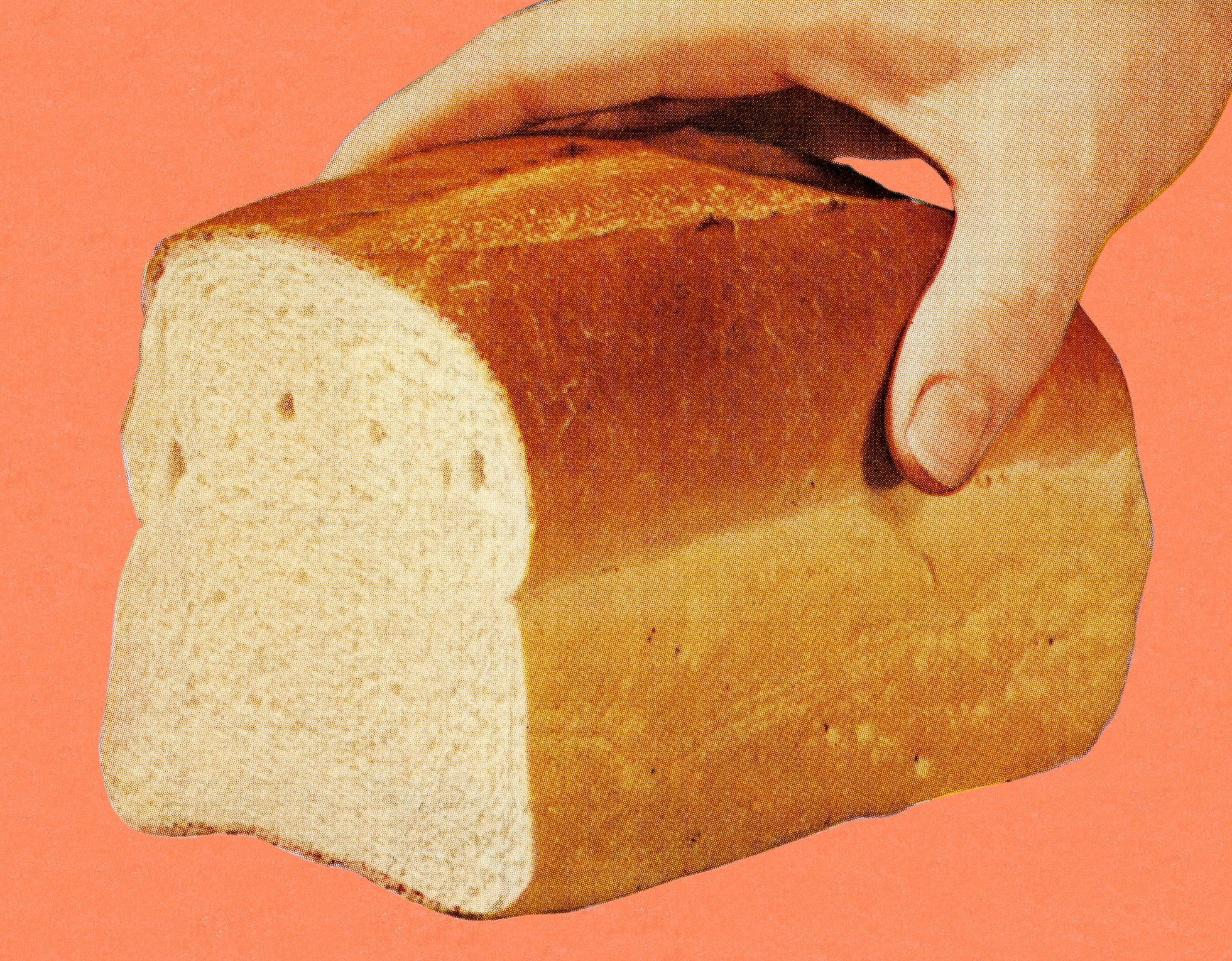Five ultra-processed foods you should avoid, according to top nutritionist
Share:
Consuming large amounts of UPFs – products containing ingredients not typically found in your kitchens – is known to be bad for your health. Consuming a large amount of ultra-processed foods (UPFs) is known to be bad for your health, with research showing this is linked with a higher risk of obesity, high cholesterol, metabolic syndrome, heart disease and colorectal cancer.
![[The most commonly eaten UPFs in the UK are industrialised bread, ready meals, breakfast cereals, sausages and other reconstituted meat products]](https://static.independent.co.uk/2024/10/21/05/GettyImages-919055952.jpg)
UPFs are basically foods that contain ingredients you would not typically find in your kitchen, such as products containing colours, preservatives, emulsifiers, flavours, and other additives. These foods will typically be longer lasting but lower in vitamins and other nutrients.
Industrialised bread, ready meals, breakfast cereals, sausages and other reconstituted meat products are the most commonly eaten UPFs in the UK. The Nova food classification system divides foods we buy into four groups, from unprocessed to ultra-processed. Minimally processed foods – including frozen fruit and veg, fruit juice, unsweetened yoghurt and spices – may have been crushed, boiled, dried, crushed and so on, but they will have no added ingredients. Meanwhile, signs of ultra-processed food include a very long ingredient list, unrecognisable ingredients, and a high fat, sugar or salt content.
However, what the Nova system does not do is provide information about the various health impacts of these products and how to make improved dietary choices. While high intakes are associated with poorer health, lower intakes - believed to be around 15 per cent of our calorie consumption - are not. In the UK and US, half the average person’s diet now consists of UPFs, according to the latest data. Among younger people and those on lower incomes, this increases to as much as 80 per cent.










